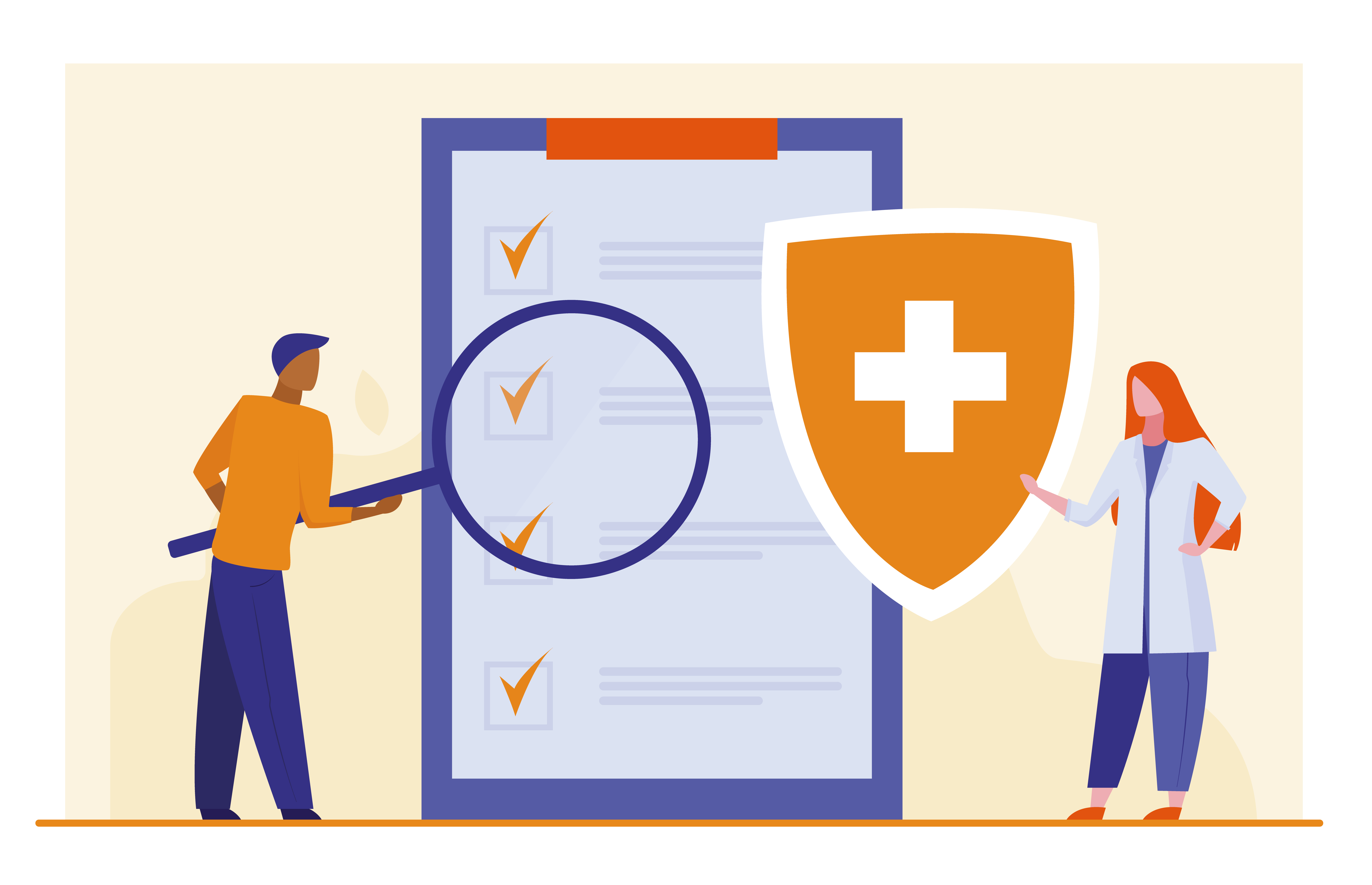1. What is HIPAA Compliance and Why Does It Matter?
HIPAA compliance refers to following the regulations set by the Health Insurance Portability and Accountability Act (HIPAA) to protect patient health information (PHI). Enacted in 1996, HIPAA compliance Data Security in Healthcare ensures that medical records and personal health data remain confidential and secure, especially in digital environments.
Key aspects of HIPAA compliance include:
- Privacy Rule: Governs how patient information is collected, stored, and shared.
- Security Rule: Establishes measures to protect digital patient records.
- Breach Notification Rule: Requires organizations to notify patients and authorities in case of data breaches.
Failure to comply with HIPAA regulations can result in hefty fines, legal consequences, and reputational damage for healthcare providers and tech companies handling patient data.
2. How Does HIPAA Compliance Apply to Healthcare Apps?
With the rise of digital health solutions, HIPAA compliance for apps has become a crucial concern. Any mobile or web app that stores, transmits, or processes Protected Health Information (PHI) must adhere to HIPAA security standards.
HIPAA compliance for healthcare apps includes:
- End-to-End Encryption: Ensuring all patient data is encrypted during transmission and storage.
- Access Control: Implementing role-based authentication to restrict access to sensitive data.
- Audit Logs: Maintaining logs of who accesses patient data and when.
- Secure Cloud Hosting: Using HIPAA compliance servers to store medical data securely.
Companies developing telehealth apps, wearable health tracking apps, and patient portals must integrate HIPAA-compliant security frameworks to avoid legal risks and cyber threats.
3. What is a HIPAA Compliance Server and Why is it Important?
A HIPAA compliance server is a secure hosting environment designed to meet HIPAA security regulations. These servers ensure that electronic Protected Health Information (ePHI) is stored and transmitted safely without unauthorized access.
Key features of a HIPAA-compliant server include:
- Data Encryption: Both at rest and in transit.
- Firewalls & Intrusion Detection: To prevent unauthorized access.
- Regular Security Audits: Ensuring compliance with HIPAA security protocols.
- Automatic Backups: Protecting patient data from accidental loss.
Many healthcare companies use dedicated or cloud-based HIPAA compliance servers from providers like AWS, Google Cloud, and Azure, which offer specialized HIPAA-compliant hosting solutions.
4. How Does HIPAA Compliance Affect Telehealth Services?
Telehealth and HIPAA compliance go hand in hand, as virtual consultations and remote healthcare services require strict patient data protection. HIPAA regulations apply to telehealth platforms that handle:
- Video Consultations: Encrypted video calls for doctor-patient interactions.
- E-Prescriptions: Secure transmission of medical prescriptions.
- Patient Messaging Systems: HIPAA-compliant chat platforms for doctor-patient communication.
- Health Monitoring Integrations: Secure connections with wearable health devices.
To ensure HIPAA compliance in telehealth, healthcare providers must:
✅ Use encrypted video conferencing platforms.
✅ Implement secure authentication methods.
✅ Store telehealth records on HIPAA-compliant servers.
✅ Train employees on patient privacy best practices.
With the global rise of telehealth, ensuring HIPAA compliance is crucial to maintaining patient trust and regulatory approval.
5. Is HIPAA Compliance Required in India?
While HIPAA compliance in India is not legally required for local healthcare providers, it is mandatory for Indian companies handling patient data from the US. Many health tech companies, software development firms, and BPOs in India work with US-based hospitals and insurance providers, making HIPAA compliance essential.
Indian companies dealing with US healthcare clients must:
- Implement HIPAA-compliant security policies.
- Ensure secure storage of patient records on HIPAA compliance servers.
- Conduct regular audits to maintain compliance.
- Train employees on handling PHI securely.
For Indian medical app development firms targeting international markets, ensuring HIPAA compliance enhances credibility and opens doors to global healthcare partnerships.
6. What Are the Latest Trends in HIPAA Compliance?
As digital healthcare evolves, new trends are shaping HIPAA compliance standards:
🔹 AI & Machine Learning in Healthcare: AI-driven tools are being designed to analyze medical data while maintaining HIPAA security guidelines.
🔹 Blockchain for Data Security: Blockchain technology is being explored for secure patient data storage and interoperability.
🔹 Zero-Trust Security Model: A growing trend in HIPAA compliance, ensuring strict user authentication and least-privilege access.
🔹 Cloud-Based Compliance Solutions: More healthcare providers are moving to HIPAA-compliant cloud serversfor scalability and security.
🔹 Stronger Penalties for Non-Compliance: Regulators are tightening HIPAA enforcement, imposing higher fines and stricter security assessments.
Keeping up with these trends ensures that healthcare organizations stay HIPAA-compliant while adopting new technologies.
Conclusion
HIPAA compliance is essential for securing patient data, telehealth platforms, healthcare apps, and cloud-based healthcare services. Whether you are a telehealth provider, medical software company, or healthcare organization, maintaining HIPAA compliance ensures legal security, patient trust, and data protection. With advancements in AI, blockchain, and cloud security, the future of HIPAA compliance is evolving to keep up with the demands of digital healthcare.
Need HIPAA-Compliant Software Development?
At GegoSoft Technologies, we specialize in HIPAA-compliant telehealth platforms, medical app development, and secure cloud solutions. Contact us today to build secure, compliant, and scalable healthcare applications!

